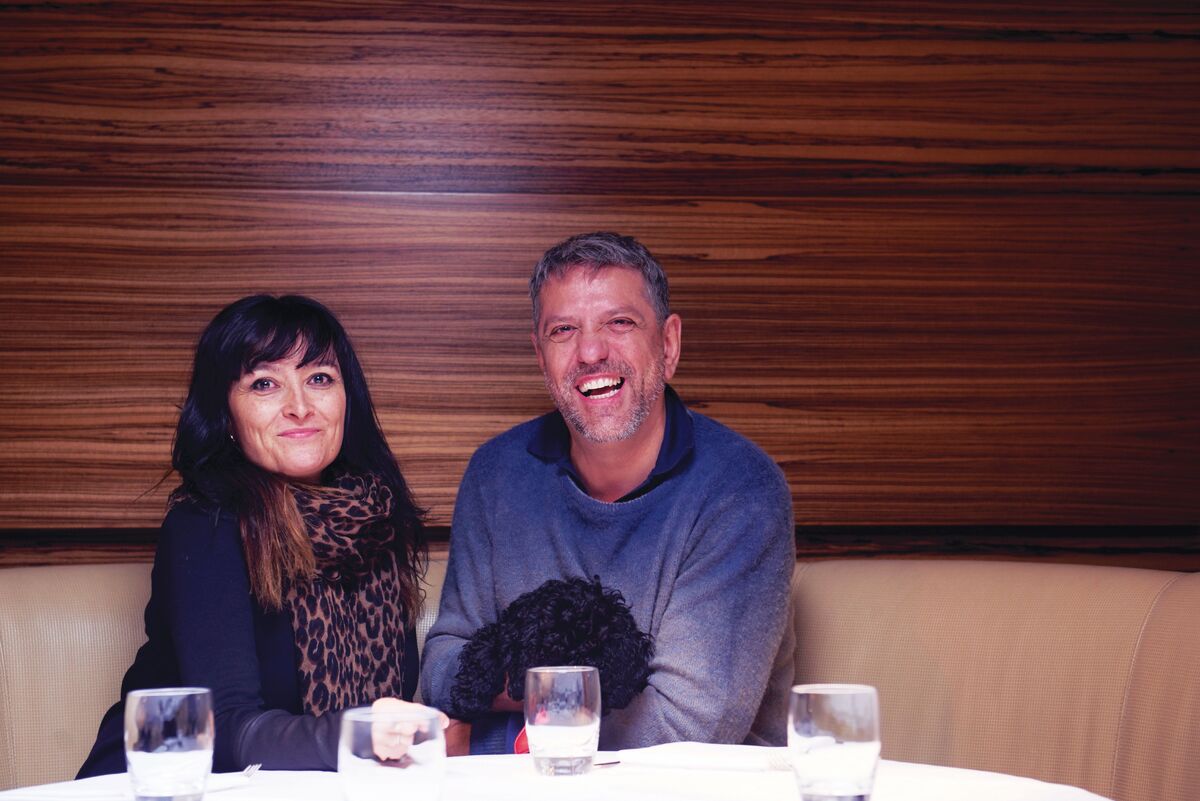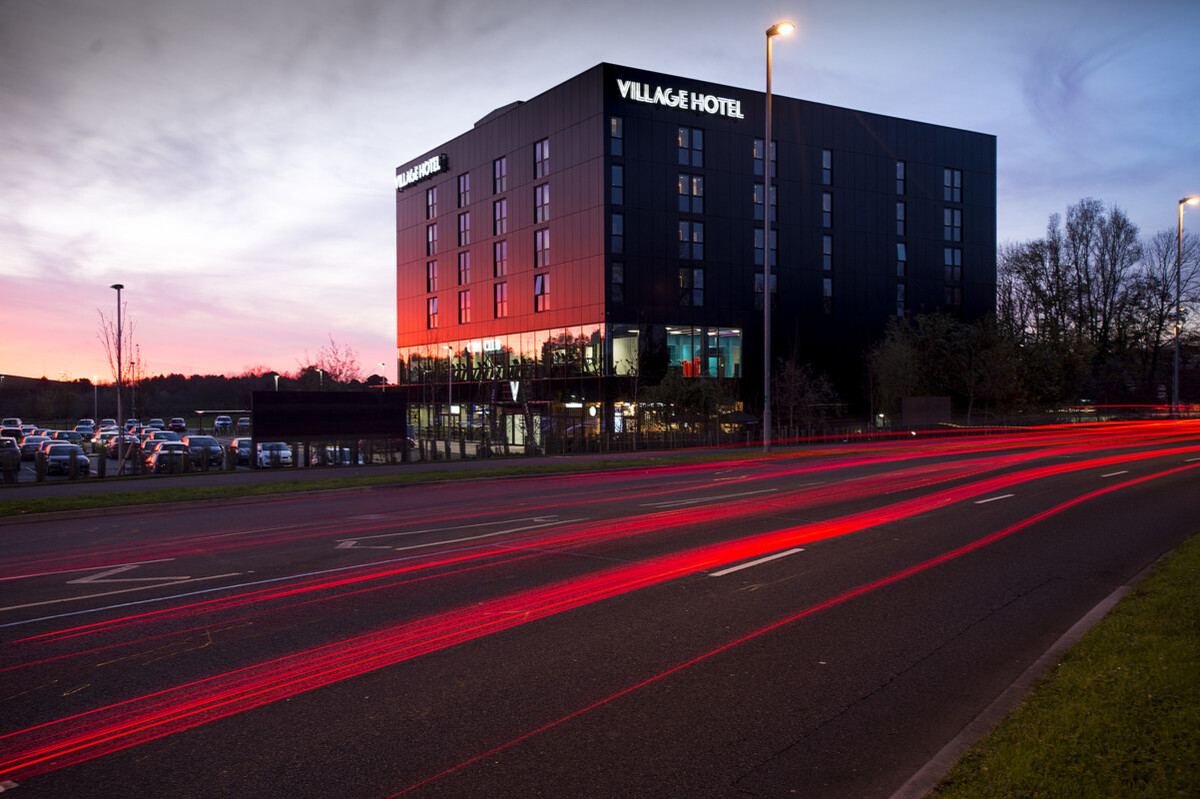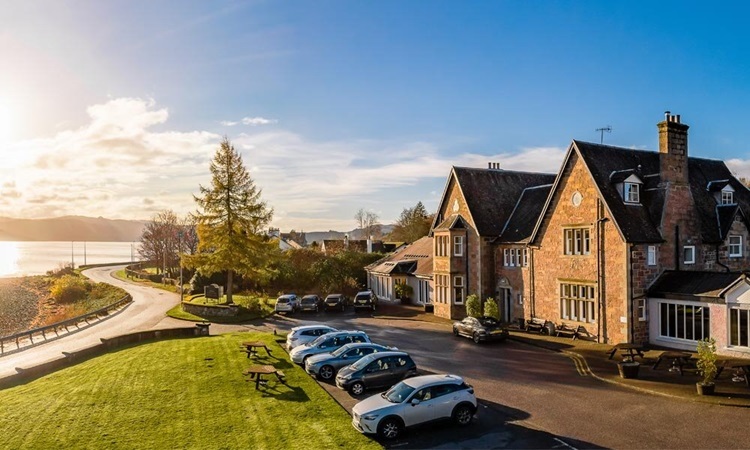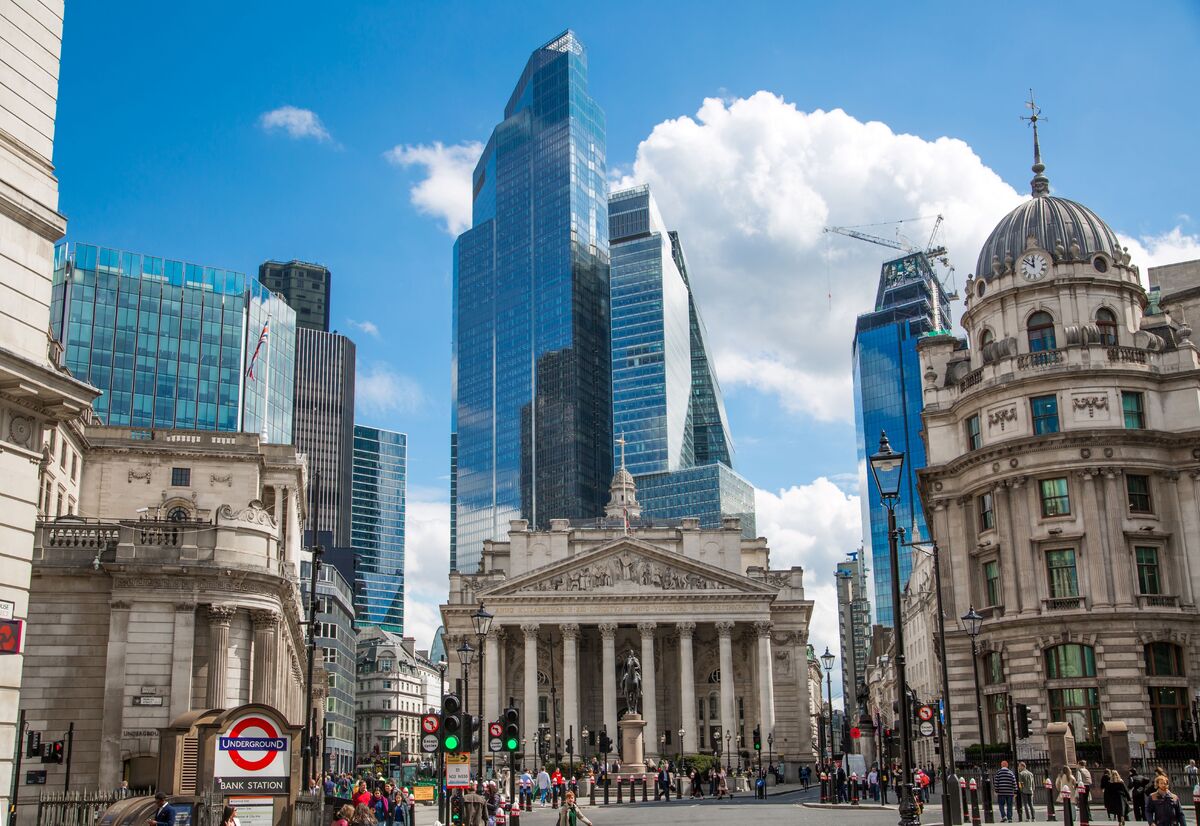Dorchester Group swings to a loss as boycott and Brexit hit business
The Dorchester Group swung to a £10.31m pre-tax loss in 2019 as political and economic uncertainty in the UK and continental Europe, and the outcry against its owner’s anti-LGBT laws, hit business.
The group owns the five-red-AA-star, 250-bedroom Dorchester hotel in London (pictured) and leases the five-red-AA-star, 46-bedroom 45 Park Lane opposite, as well as the five-red-AA-star, 70-bedroom Coworth Park in Ascot, Berkshire. Its portfolio also includes properties in Los Angeles, Rome, Milan and Paris.
In 2019, Brunei was set to introduce laws making gay sex and adultery punishable by stoning to death, although backtracked on enforcing the laws. The Dorchester Collection is owned by the Brunei Investment Agency, the sovereign wealth fund of the Sultan of Brunei.
The news regarding the new laws was followed by calls for a boycott of the company's nine global hotels, notably by actor George Clooney. The company was previously hit by a boycott from prominent members of the fashion, media and travel industries following the implementation of a series of harsh Islamic laws by the Sultan in 2014.
Personal abuse directed at the staff of Dorchester Collection hotels led to the temporary closure of the group's social media accounts and protests took place outside the group's London Park Lane property.
The group had reported a profit of £28.5m in 2018, however 2019 saw revenue drop from £411.15m to £373.1m. Its properties in the US also saw decreases in both revenue and operating results.
The group’s hotel occupancy rate was 60%, a fall from 76% the previous year, while the average room rate increased from £633 to £672 and revenue per available room (revpar) decreased from £481 to £402.
Financial results filed with Companies House said directors were satisfied the business can continue as a going concern and will continue owning, leasing and managing hotels for the foreseeable future as well as continuing to look for other opportunities, including acquisitions and third party management contracts.
The documents also said the parent entity has indicated that it would be willing to support the company should cash funding be required.



















